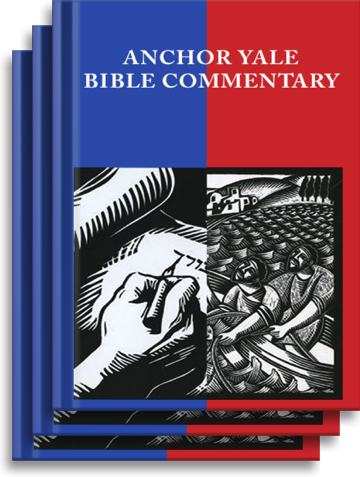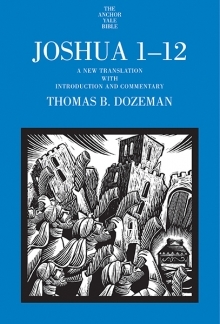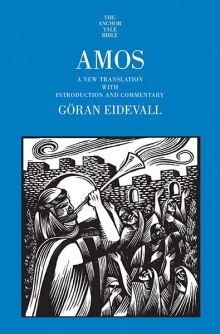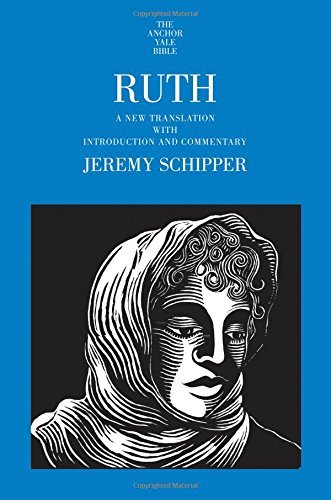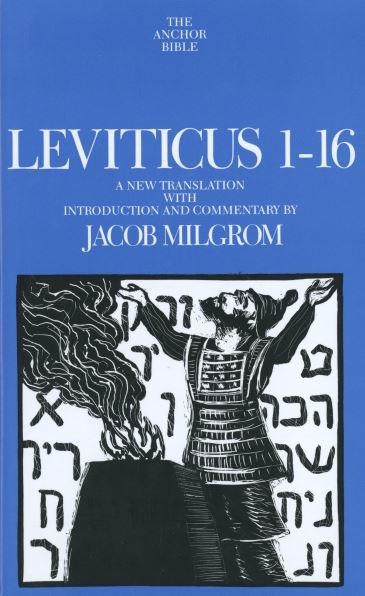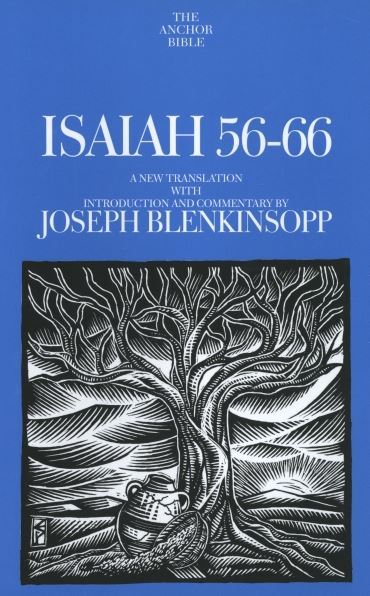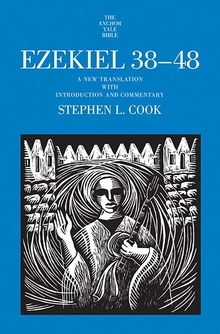



This second book of the three-volume Anchor Bible Commentary offers an astute translation and commentary on the middle sixteen chapters of Jeremiah. Important themes in the present volume include injustice within Judah’s royal house, sexual immorality among the clergy, and true versus false prophecy. Yet the prophet who thundered Yahweh’s judgment was also the one who gave the remnant people—in oracle and in symbolic action—a promise and a hope, expressed climactically in a new and eternal covenant for future days. Here too is the only report in the Bible of an accredited scribe writing up a scroll of oracles for public reading at the Temple.
This magisterial work of scholarship is sure to be essential to any biblical studies curriculum. Jeremiah 21-36 draws on the best biblical scholarship to further our understanding of this preeminent prophet and his message to the world.
Jack R. Lundbom is an internationally respected authority on Jeremiah. He has taught at the University of California, Berkeley, and held visiting appointments at Andover Newton Theological School, Yale Divinity School, The Lutheran School of Theology at Chicago, and Uppsala University in Sweden. Dr. Lundbom has traveled and lectured widely in Europe, the Near East, Africa, and the United States. He has twice been a Fulbright Professor in Germany, at Universität Marburg in 1988-1989 and Universität Tübingen in 2002. His many publications include Jeremiah: A Study in Ancient Hebrew Rhetoric, The Early Career of the Prophet Jeremiah, and the Anchor Bible Commentary Jeremiah 1-20. He is a Life Member at Clare Hall, Cambridge University.
THE ANCHOR YALE BIBLE COMMENTARY SERIES is a project of international and interfaith scope in which Protestant, Catholic, and Jewish scholars from many countries contribute individual volumes. The project is not sponsored by any ecclesiastical organization and is not intended to reflect any particular theological doctrine.
The Anchor Yale Bible is committed to producing commentaries in the tradition established half a century ago by the founders of the series, William Foxwell Albright and David Noel Freedman. It aims to present the best contemporary scholarship in a way that is accessible not only to scholars but also to the educated nonspecialist. Its approach is grounded in exact translation of the ancient languages and an appreciation of the historical and cultural context in which the biblical books were written supplemented by insights from modern methods, such as sociological and literary criticism.
